HR are ‘human’ too!
I recently saw a post on LinkedIn from a training professional delivering mental health and suicide first aid courses. He regularly hears from people in HR, ‘I can find time for everybody else, but I can’t find time for myself’!
The role of HR has been seen by some employers as the panacea to resolve all that ‘people stuff’. We need to do something so over to you. ‘That’s what you’re paid to do’, is an often-used phrase. To some extent this is correct. HR are increasingly in a more strategic position within an organisation and quite rightly so, however the stress on HR staff over the past two years has been enormous.
Dealing with changing scenarios of Covid-19 and having to update and alter policies virtually by the day. Managing the task of delivering the bad news of redundancies and at times then becoming a victim themselves. Facing potential tribunals from disgruntled employees. Managing the re-introduction of staff back into the workplace and blended working or whatever that may look like for their company. All have presented unprecedented challenges.
It’s time to take a far more personal, proactive, partnership approach to employee care so that all staff, including HR, can benefit.
For too long, organisations have approached workplace wellbeing by:
-
Running one-off initiatives
Too many times we see one off webinars, workshops and the like. They come and go, deliver their input and quickly the content is often forgotten due to pressure of work, life or other priorities.
-
Relying on Human Resources to solve wellbeing on their own
HR are ‘human’ resources. They are individuals like you and me with all the challenges that work, and life brings. They are not superhuman, as much as some bosses would like to think they are and that they will provide all the answers, particularly around the thorny issue of mental health and wellbeing.
-
Only providing reactive interventions like an EAP or MHFA’s
We know that the average take up of an EAP is low, in the region of 11%. I raised my head above the parapet back in September 2019 when after an article was published in The Guardian reporting over half a million employees had been trained as MHFA’s. I dared ask the question, was it being effective? As you may expect I was inundated with training companies defending their training. That was not my point. The two-day accredited MHFA Training Course is an excellent course, which me and our P3 Business Partners have undertaken. However, I was suggesting it had become the latest ‘tick box’ exercise. In May’s P3 Blog I referred to research that identified 66% of employees would not share their mental health challenge with their employer. And I often ask the question who is taking care of the MHFA who is trying to do this role on top of their own work?
-
Not tackling workplace mental health stigma
Coming back to the above point, too many employers are seeing the MHFA role as their means of tackling a massive issue without recognising that for an individual to open up about a mental health issue is a significant step and one that needs to be fully supported by senior management. We need to break down the still existing stigma around mental health. With a personal and proactive approach to employee care we have found that these situations can be identified and addressed whilst allowing the employee to remain at work. Too many times a ‘sick note’ has been seen as the short-term remedy.
There is a call for a more holistic approach to wellbeing support at work – one that focuses on all aspects of employee wellbeing and that looks at prevention, support and treatment of wellbeing and mental health issues. An approach that is proactive, not reactive.
This not only provides benefits to the individual but also to the bottom line of the business.
The latest report by Deloitte proposes a potential return on investment of £5 for every £1 spent on mental health interventions.
If you want to move to a personal, proactive, partnership approach to caring for your staff including HR! via our twice weekly face to face visits to the worksite then please get in touch
About P3 Business Care
P3 Business Care is a Community Interest Company and social enterprise operating across the UK. Supporting your business on a weekly basis we provide personal and proactive care to your employees working in partnership with the company. Our Business Partners visit your business developing trust & relationships so we can identify and address issues before they become crisis, absence, or staff turnover. Read more about our services here

